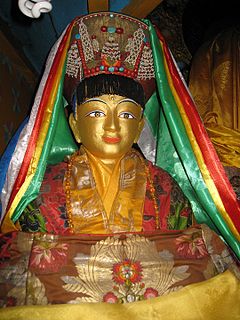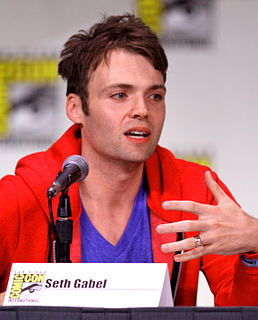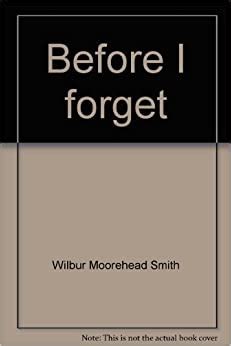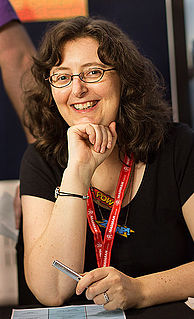A Quote by Virginia Woolf
Again, somehow, one saw life, a pure bead. I lifted the pencil again, useless though I knew it to be. But even as I did so, the unmistakable tokens of death showed themselves. The body relaxed, and instantly grew stiff. The struggle was over. The insignificant little creature now knew death. As I looked at the dead moth, this minute wayside triumph of so great a force over so mean an antagonist filled me with wonder. Just as life had been strange a few minutes before, so death was now as strange.
Quote Topics
Again
Antagonist
Been
Before
Body
Creature
Dead
Death
Did
Even
Few
Filled
Force
Great
Grew
Had
Insignificant
Instantly
Just
Knew
Life
Lifted
Little
Looked
Me
Mean
Minute
Minutes
Moth
Now
Over
Pencil
Pure
Relaxed
Saw
Somehow
Stiff
Strange
Struggle
Themselves
Though
Tokens
Triumph
Useless
Wayside
Wonder
Related Quotes
If I had my life over again I should form the habit of nightly composing myself to thoughts of death. I would practise, as it were, the remembrance of death. There is no other practice which so intensifies life. Death, when it approaches, ought not to take one by surprise. It should be part of the full expectancy of life. Without an ever-present sense of death life is insipid.
Birth leads to death, death precedes birth. So if you want to see life as it really is, it is rounded on both the sides by death. Death is the beginning and death is again the end, and life is just the illusion in between. You feel alive between two deaths; the passage joining one death to another you call life. Buddha says this is not life. This life is dukkha - misery. This life is death.
In ancient times before the divine sojourn of the Savior took place, even to the saints death was terrible; all wept for the dead as though they perished. But now that the Savior has raised his body, death is no longer terrible; for all who believe in Christ trample on it as it were nothing and choose rather to die than deny their faith in Christ. And that devil that once maliciously exulted in death, now that its pains were loosed, remained the only one truly dead.
What sort of man is this, who over and over again, gave numerous details about His death, months before it occurred, and added to each such utterance that on the third day after His decease He would rise again from the dead - and DID RISE, as even the city of Jerusalem soon came to believe? No other founder of a great world religion (or a small one) ever made such statements, or ever came forth from the dead.
And when [Bëor] lay dead, of no wound or grief, but stricken by age, the Eldar saw for the first time the swift waning of the life of Men, and the death of weariness which they knew not in themselves; and they grieved greatly for the loss of their friends. But Bëor at the last had relinquished his life willingly and passed in peace; and the Eldar wondered much at the strange fate of Men, for in all their lore there was no account of it, and its end was hidden from them.
In one horrible moment the last piece of the prophecy became clear. So bid him take care, bid him look where he leaps, As life may be death and death life again reaps. He had to leap, and by his death, the others would live. That was it. That was what Sandwich had been trying to say all along, and by now he believed in Sandwich. He put on a final burst of speed, just like the coach taught him in track. He gave everything he had. In the last few steps before the canyon he felt a sharp pain in the back of his leg, and then the ground gave way under his feet. Gregor the Overlander leaped.
But we are not interested in death at all: rather, we escape the facts, we are continuously escaping the facts. Death is there, and every moment we are dying. Death is not something far away, it is here and now: we are dying. But while we are dying we go on being concerned about life. This concern with life, this over concern with life, is just an escape, just a fear. Death is there, deep inside - growing.
To say it again, eternal life is less about a kind of time that starts when we die, and more about a quality and vitality of life now in connection to God. Eternal life doesn't start when we die; it starts now. It's not about a life that begins at death; it's about experiencing the kind of life now that can endure and survive even death.
This self now as I leant over the gate looking down over fields rolling in waves of colour beneath me made no answer. He threw up no opposition. He attempted no phrase. His fist did not form. I waited. I listened. Nothing came, nothing. I cried then with a sudden conviction of complete desertion. Now there is nothing. No fin breaks the waste of this immeasurable sea. Life has destroyed me. No echo comes when I speak, no varied words. This is more truly death than the death of friends, than the death of youth.
By 'coming to terms with life' I mean: the reality of death has become a definite part of my life; my life has, so to speak, been extended by death, by my looking death in the eye and accepting it, by accepting destruction as part of life and no longer wasting my energies on fear of death or the refusal to acknowledge its inevitability. It sounds paradoxical: by excluding death from our life we cannot live a full life, and by admitting death into our life we enlarge and enrich it.

































